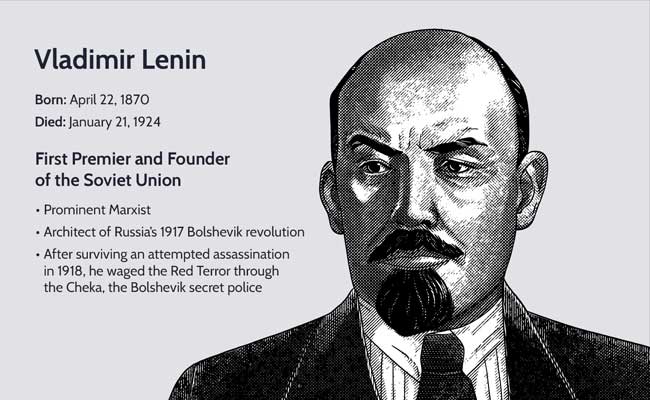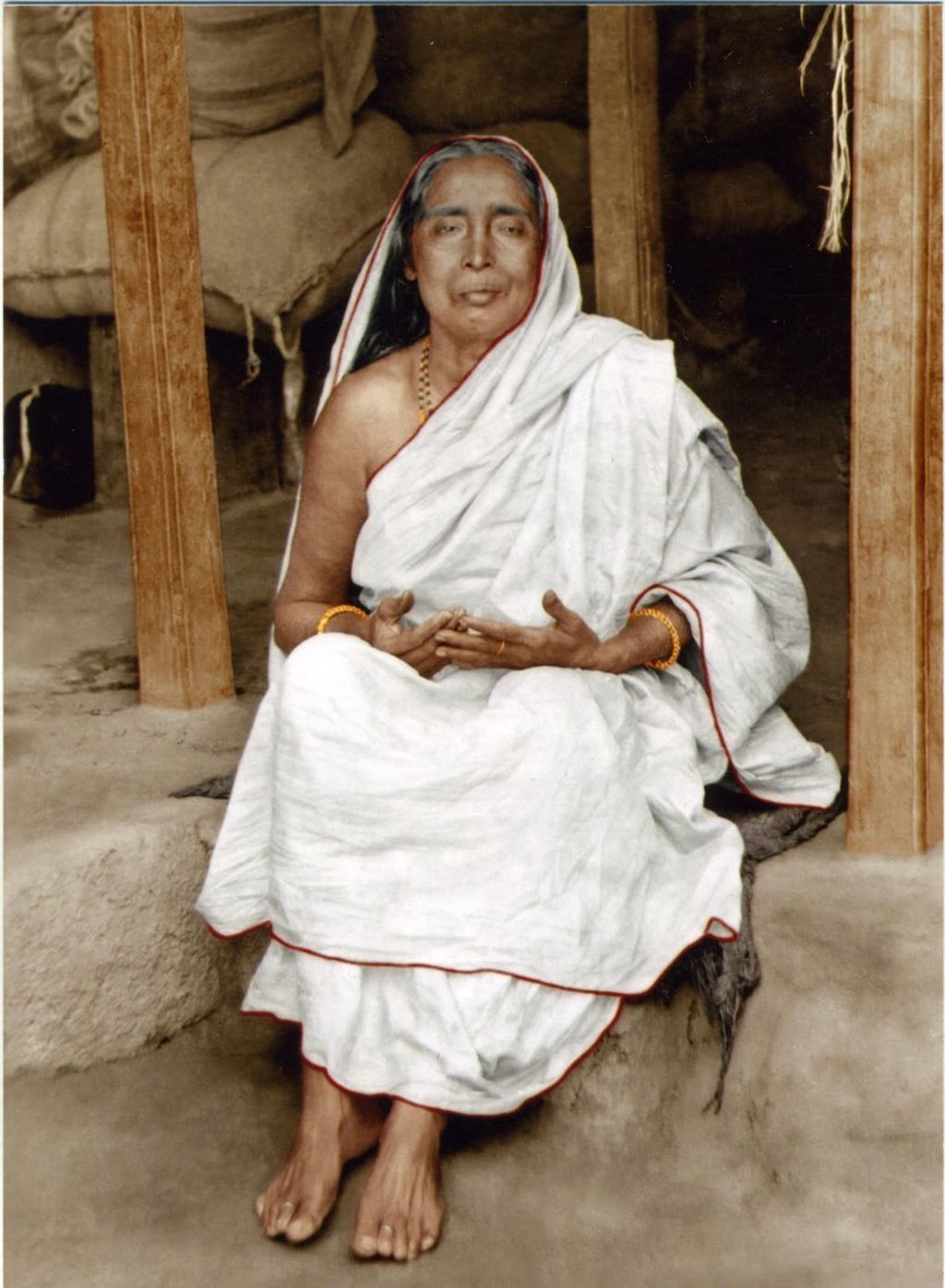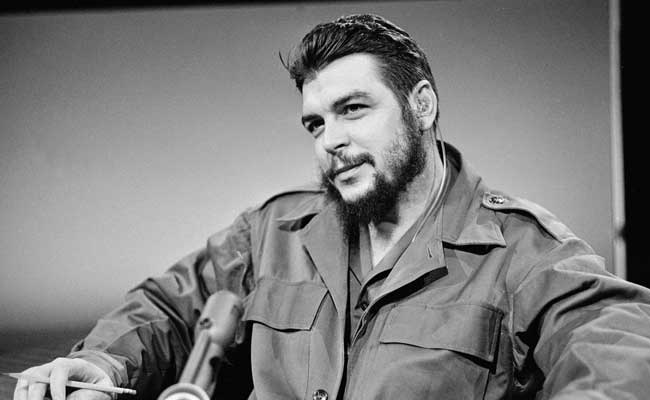Vladimir Lenin: A Revolutionary Leader Who Transformed Russia and Shaped the World
Vladimir Lenin was a prominent Russian revolutionary, political theorist, and statesman who led the Bolshevik Party to power in Russia in 1917, establishing the world’s first socialist state. Lenin’s ideas and leadership played a pivotal role in shaping the course of the 20th century, influencing the rise of communism and socialism around the world. This article will explore Lenin’s life, political thought, and legacy, highlighting his impact on Russia and the world.
Early Life and Education
Vladimir Ilyich Ulyanov, better known as Lenin, was born on April 22, 1870, in Simbirsk, Russia. His father was a government official, and his mother was a teacher. Lenin was raised in a middle-class family and received a solid education. He was a brilliant student and developed an interest in politics and revolutionary ideas at a young age. His brother, Alexander Ulyanov, was executed for attempting to assassinate Tsar Alexander III in 1887, which deeply affected Lenin and shaped his radical beliefs.
Political Activism and Exile
Lenin became involved in political activism during his university years and joined the revolutionary movement in Russia. He founded the League of Struggle for the Emancipation of the Working Class in 1895, which aimed to overthrow the Tsarist regime and establish a socialist state. Lenin was arrested and exiled to Siberia for his revolutionary activities in 1895, where he spent three years.
After his release from exile, Lenin continued his political activism, traveling to Western Europe to study Marxist theory and organize the Bolshevik Party. He spent several years in exile, living in Switzerland, Germany, and the United Kingdom. During this time, he wrote several influential works, including The Development of Capitalism in Russia and Imperialism, the Highest Stage of Capitalism, which became cornerstone texts of Marxist theory.
The Bolshevik Revolution
In 1917, Lenin returned to Russia and led the Bolshevik Party in a successful revolution that overthrew the Provisional Government and established the Soviet Union. Lenin’s leadership during the revolution was crucial, and he implemented policies that aimed to create a socialist society based on Marxist principles. He nationalized industry and agriculture, abolished private property, and established a planned economy.
Lenin’s government also implemented progressive social policies, including the decriminalization of homosexuality, the legalization of abortion, and the introduction of equal rights for women. Lenin believed that socialism could only be achieved through the active participation of the working class and implemented policies that aimed to empower workers and peasants.
The Civil War and Red Terror
After the Bolshevik Revolution, Russia was plunged into a civil war that lasted from 1918 to 1922. The war was fought between the Bolsheviks, who supported the new socialist government, and the White Army, which was made up of various anti-Bolshevik forces. Lenin’s government was ultimately victorious, but the war caused significant damage to the country’s infrastructure and economy.
During the civil war, Lenin’s government implemented a policy of Red Terror, which aimed to suppress counter-revolutionary forces and maintain the Bolsheviks’ grip on power. The Red Terror involved the mass execution of political opponents, censorship of the press, and the establishment of secret police forces. The policy was controversial and has been criticized by some as a violation of human rights.
Death and Legacy
Lenin’s health declined rapidly in the early 1920s, and he suffered a series of strokes that left him unable to govern effectively. He died on January 21, 1924, at the age of 53. Lenin’s legacy has been the subject of much debate, and his ideas have been both praised and criticized.
![]()





